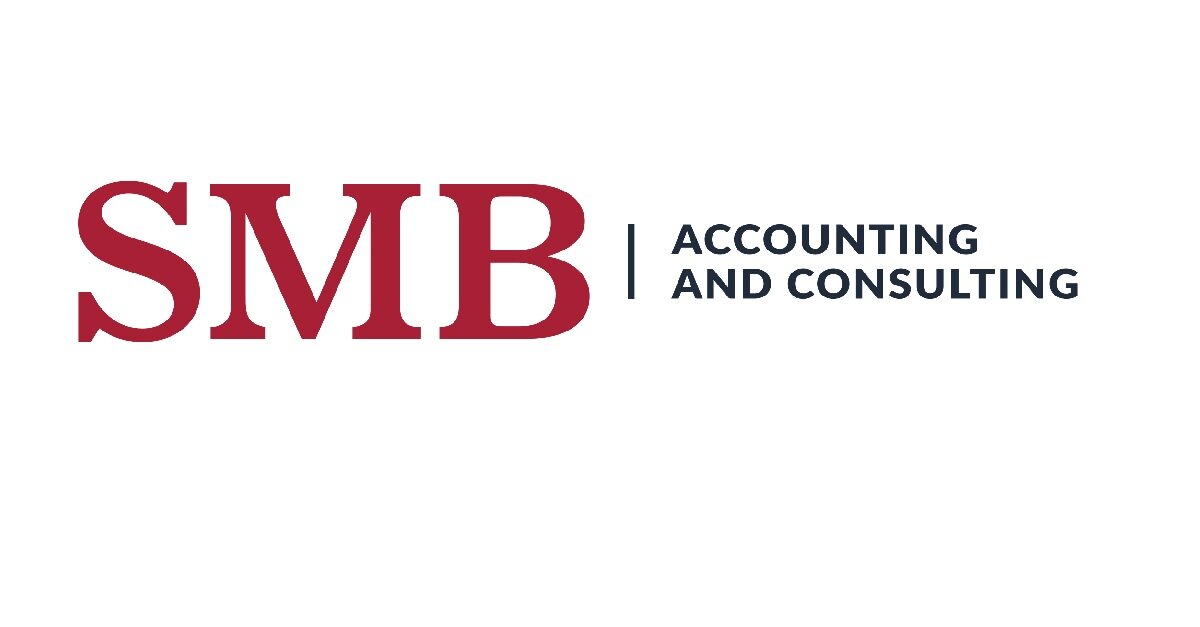Accounting Isn’t a Stand-Alone Activity
When clients start with us, they often question the amount of information that we request. “My old bookkeeper didn’t ask for all this” is a statement we hear often. Managers want to hand off their accounting and let it happen in its own vacuum. Unfortunately, this isn’t quite how accounting functions. The accountant or bookkeeper can’t effectively do their job and the manager has inaccurate financial data to make business decisions, provide to potential investors, or financial institutions for loans, credit cards, etc. Accounting requires input from all levels of the company.
Most of us are familiar with the saying “garbage in, garbage out”. This applies to almost any form of data being processed. If no information is provided, but should have been, you also get garbage out. Financials statements and performance are no different. It is based on the quality and completeness of data provided. If incorrect or inaccurate data is used or missing, the financial performance and indicators used to determine success, value, creditworthiness, and financial viability are also not correct.
Here's a few examples:
1. An owner wants to do some tax planning. To do this, a projection of the activity for the rest of the year must be done. The owner or sales team negotiated a contract to receive an initial payment on a project that doesn’t start until the following year. The accountant didn’t know, so they didn’t include that cash in the projection. Now the owner owes a lot more tax than expected.
2. An executive signs a lease agreement for a new rental space and sets up auto pay on their credit card. The credit card statement shows a charge to “A&B Inc.” The accountant doesn’t know what this charge is for, that a lease exists, or that this must be shown as a liability on the balance sheet because the company owes these amounts in accordance with a lease. The company underreports its liabilities and therefore falsely inflates the value of the company. Additionally, for cashflow purposes there is no information about the recurring nature of the charge or that it’s due each month for a certain period.
3. The bank asks for your balance sheet when you apply for a line of credit to cover payroll or other expenses while you’re waiting to collect from your customers. The balance sheet shows no amounts as receivable to the company. The only asset listed is the low cash balance. The line of credit will likely be denied.
During the Enron scandal in 2001, there was an attempt to place the blame on the accounting department. While it is absolutely possible that a member of the accounting staff could participate in some sort of fraud, management’s involvement is imperative. Enron birthed a whole new set of accounting standards called the Sarbanes-Oxley Act (SOX). In it, the role of management was emphasized. The fact that accounting couldn’t possibly oversee all actions of the company and therefore responsible for all its happenings were highlighted. Most large companies, including the federal government, have a management certification each year where management is certifying to the correctness of what happens in their company and the internal controls in place. In short, SOX now holds CEOs responsible for their company's financial statements. Accounting and management are a team and one cannot succeed without the other.

